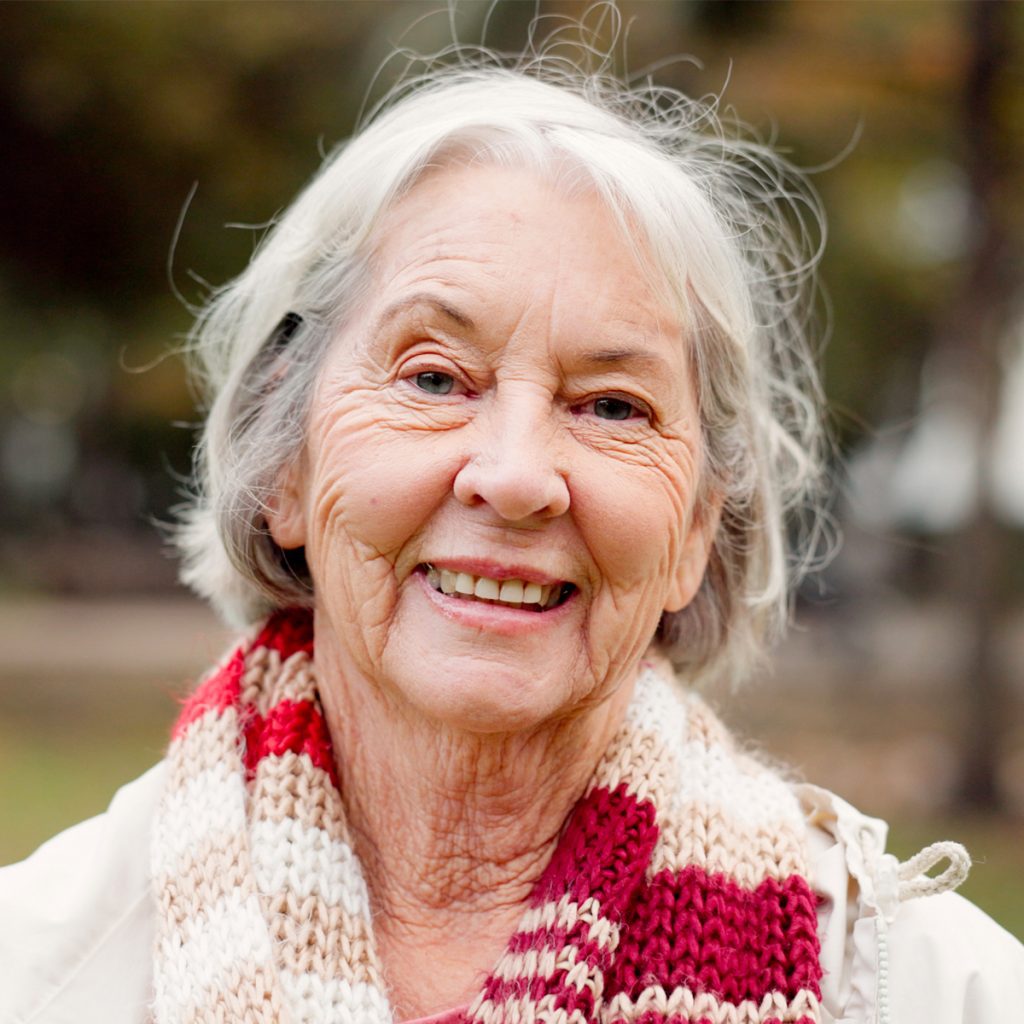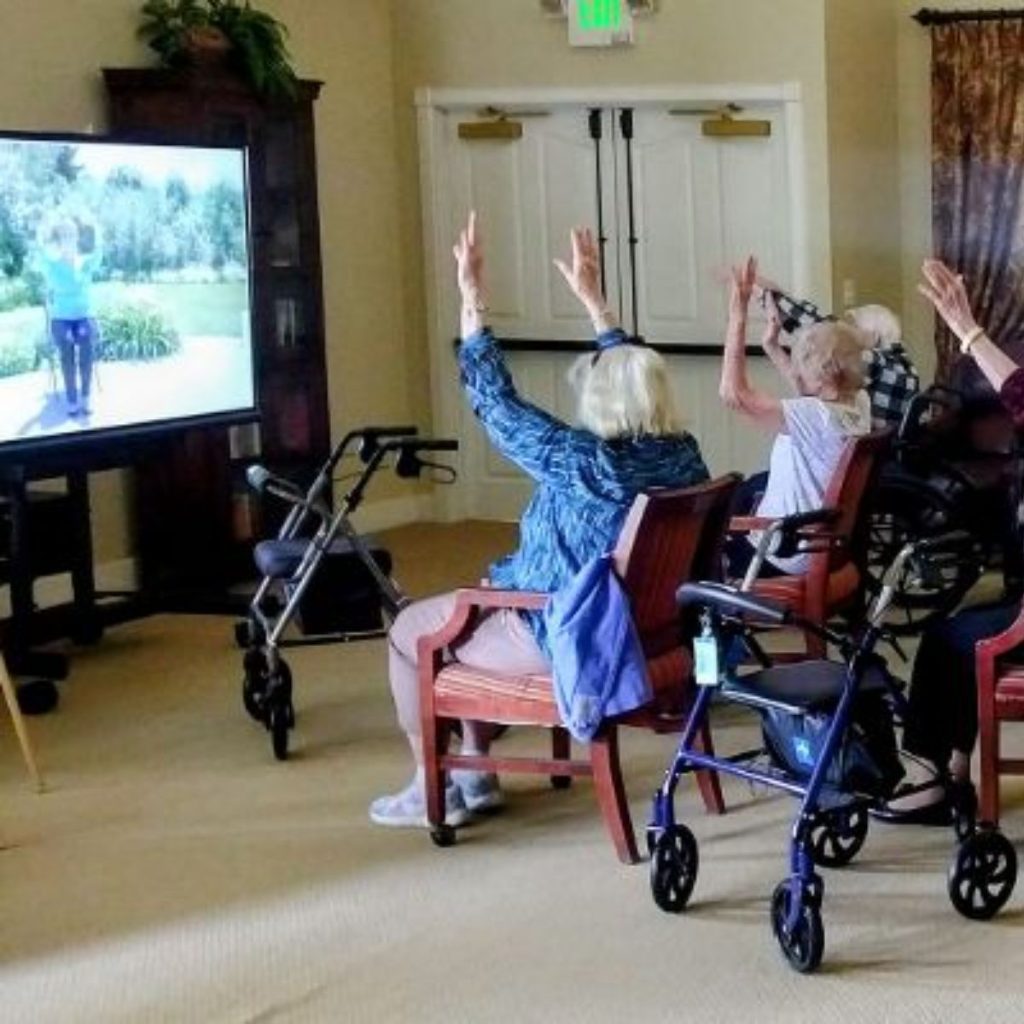Many veterans give their country years of service, and in recognition of that service, they are eligible for a number of benefits. Some of these are designed to provide assistance with care they might need later in life. But unfortunately, many veterans and their families do not take advantage of these benefits because they don’t know about them or they forget about them.
Take our assessment to learn about your options and get personalized results. Assisted living can offer support with daily activities, reduce isolation and loneliness. Leaving you with peace of mind that you or your loved one is safe and thriving.
Veteran’s Aid & Attendance
This is an often-overlooked benefit for benefits that provides a monthly, needs-based payment above the pension a veteran is already receiving. Offered through the Department of Veterans Affairs, the Aid and Attendance benefit (A&A) can be used to help cover the costs of long-term care. For veterans and their surviving spouses who are eligible, A&A can help pay for the cost of daily senior care, regardless of where it’s provided: in their residence, in an assisted living community, or in a nursing home.
The program is designed for veterans who need assistance in completing the activities of daily living (ADL). These include everyday tasks such as grooming, eating, using the bathroom, getting around, and the like. Veterans who cannot perform these tasks on their own cannot live independently, requiring the aid of another person. Needing this benefit does not have to be related to an injury experienced while in the service.
Veterans who have been diagnosed with dementia are typically rewarded this benefit since the condition necessitates they live in a protected environment.
The program can pay up to $1,936 per month for a single veteran, $2,230 per month for a veteran and their spouse, or $1,244 for a veteran’s surviving spouse, according to recently published figures. These benefits are not taxed. This is a substantial amount of money to put toward monthly living expenses.
Eligibility Requirements For Veterans
It should be noted that if a spouse remarries, they will not be eligible if their first spouse is a veteran. There are additional requirements for eligibility for this benefit:
The veteran had to have served during wartime with at least 90 days of total service during the war. They had to have served on active duty during the war for at least one day. This also includes the national guard and reserves—as long as it was during the war
The veteran must have had an honorable or less-than-honorable discharge. Dishonorably discharged vets do not qualify.
The veteran (or the surviving spouse) must have specific health issues. These can include needing assistance with ADL, being bedridden, having mental or physical incapacity, or experiencing visual impairment. A physician’s statement will be needed to document these health issues.
Before awarding benefits, veterans must meet specific financial qualifications. A home and vehicle are exempt from assets limits, which cap at about $125,000 (as of December 2018), although this does not necessarily prevent veterans from qualifying for benefits.
The Application Process For Veterans
The application process to apply for A&A benefits starts at the official VA website. For applicants who are over the age of 90, expedited approval can be requested when the application is submitted. Because the application process can be complex, many families enlist the assistance of a veterans benefits advisor to guide them through the process.
Basic Veterans Pension
VA basic pensions are designed for veterans over the age of 65. Since the VA classifies any veteran of this age as “disabled,” no physician statement is needed to file. This pension can be used however the recipient sees fit. If the veteran isn’t yet in an assisted living residence, the funds can go toward other services, such as home care aids or adult daycare centers.
Healthy veterans over the age of 65 must qualify as low-income or meet other requirements.
Other Options For Veterans
While A&A provides much-needed assistance to many veterans, it may not be the best option for those who are confined to their homes. In these cases, Housebound Benefits can provide financial assistance for disabled veterans.
Similar to A&A, Housebound Benefits provide additional funds that are added on to the basic monthly pension amount already received. This benefit is available for veterans who are housebound either at their own residence or that of a friend or family member, or confined to their immediate premises because of permanent disability.
A veteran can’t receive Housebound benefits and A&A benefits at the same time, but they might be eligible to receive the higher of the two benefit amounts.
The application starts by contacting the local the pension management center via the VA Facility Locator.
Using Veterans Benefits for Assisted Living
These benefits are available to veterans to help alleviate the financial burden that accompanies assisted living or long-term care. Navigating the financial needs of veterans who require assisted living care is complex but worth the effort.
We invite you to contact Cappella of Pueblo West for more information.





